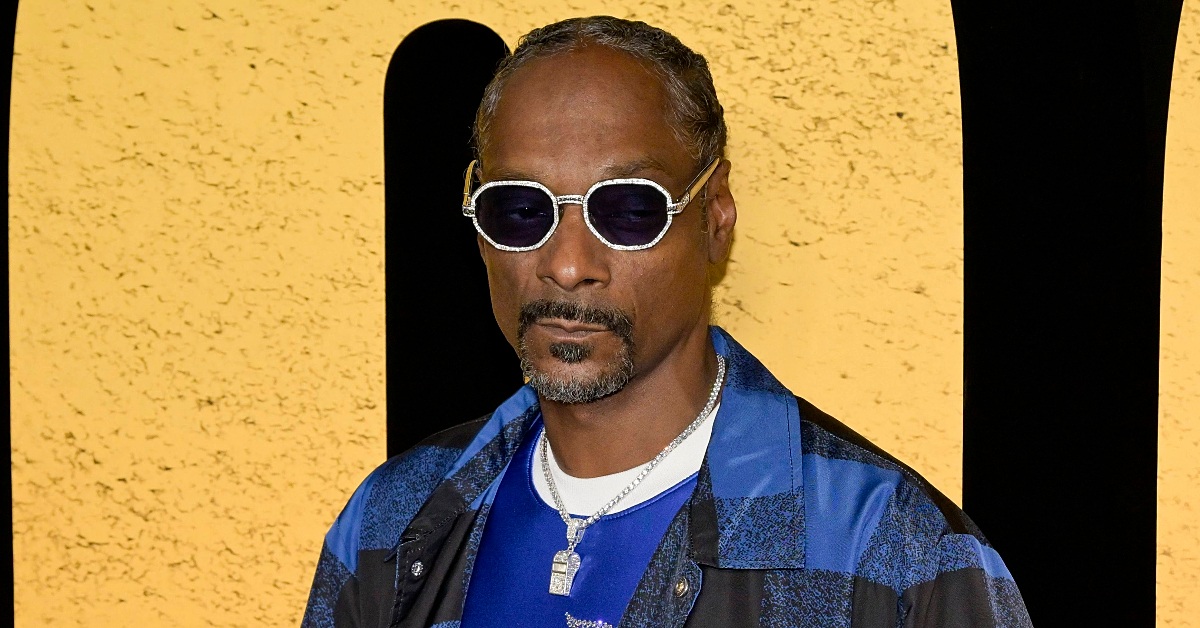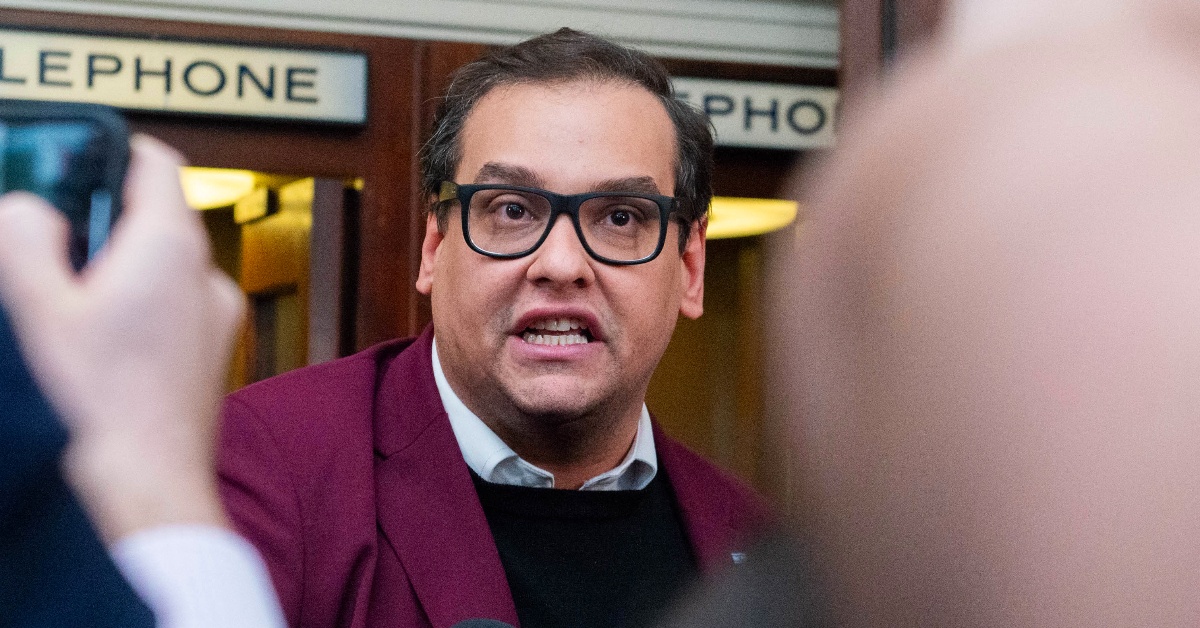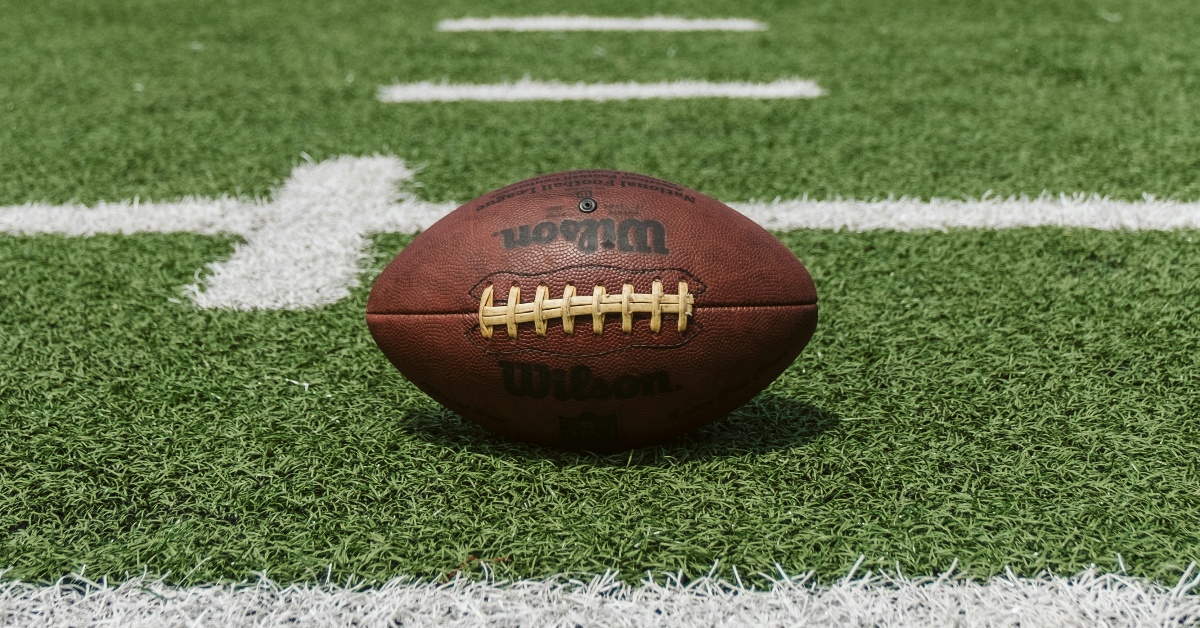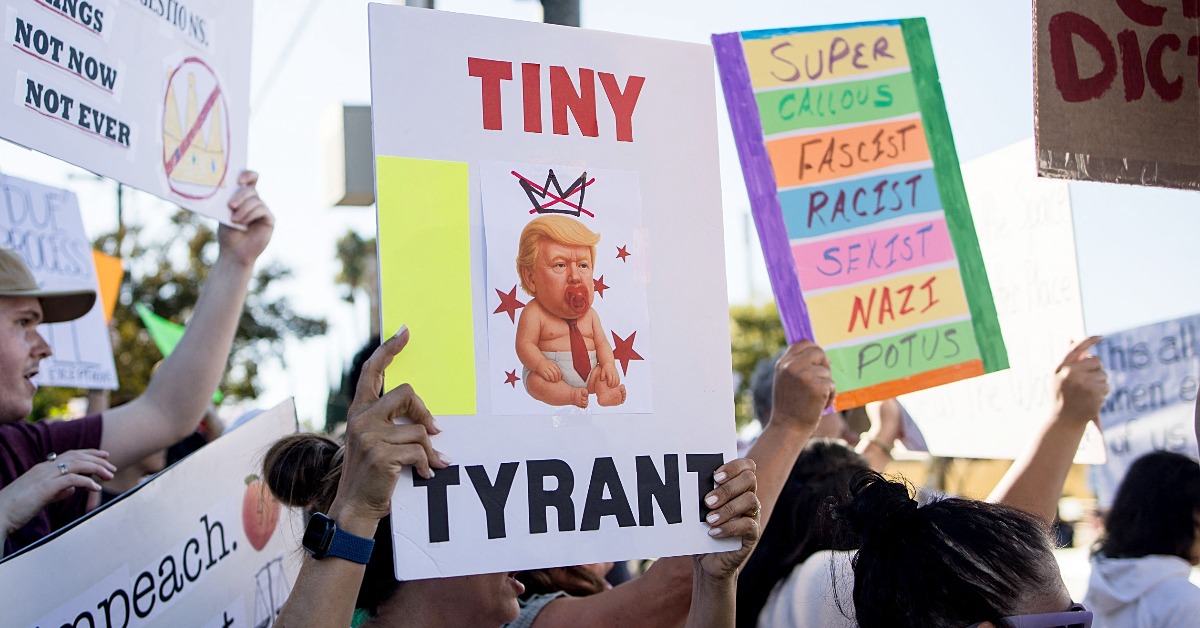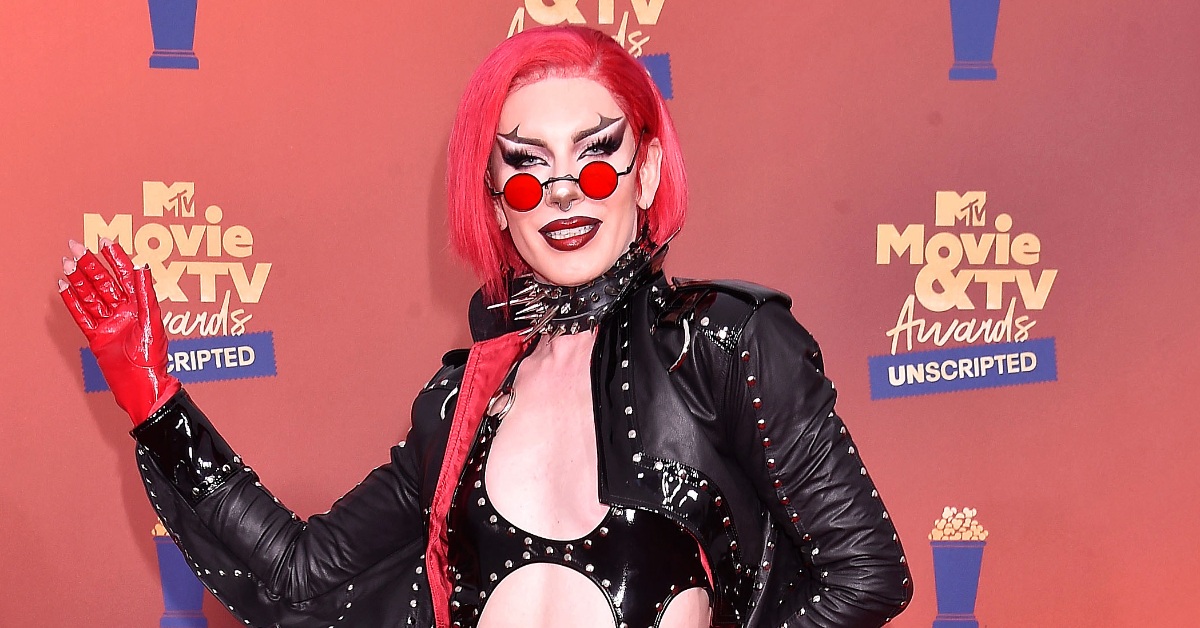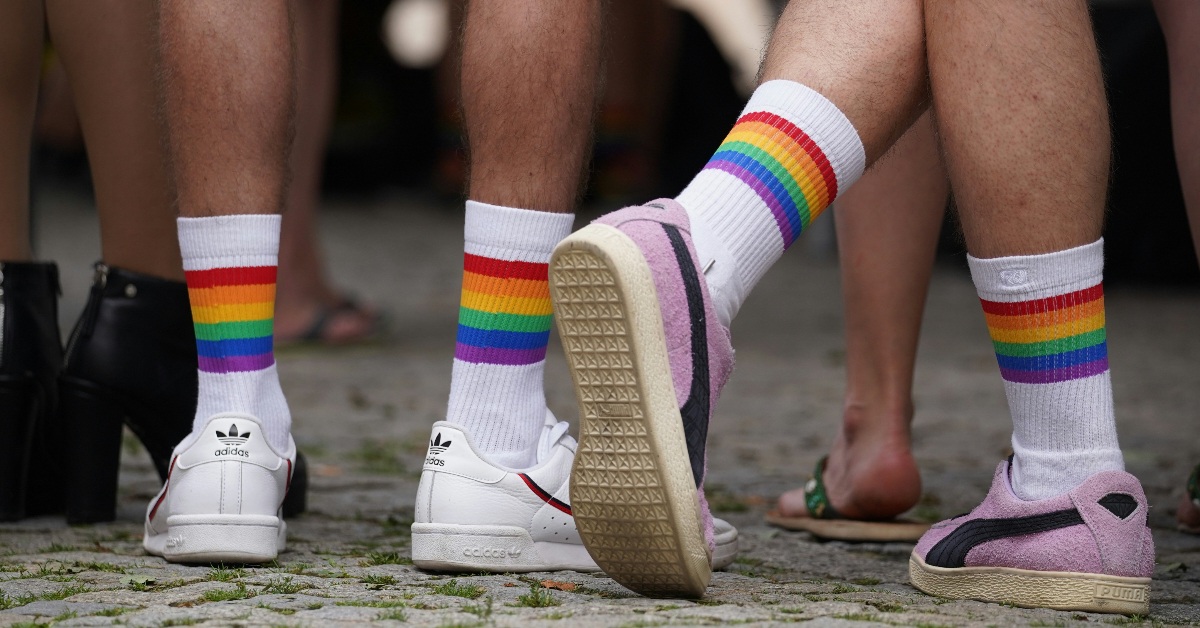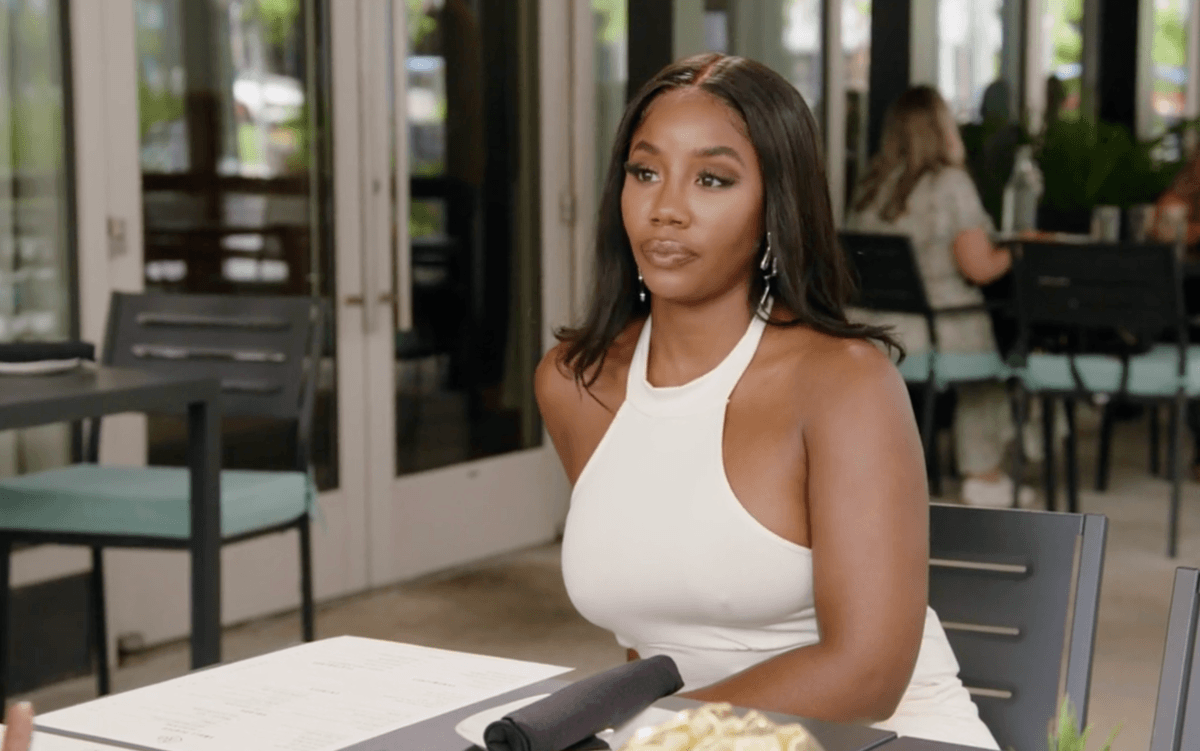BY: Denver Sean
Published 4 years ago

Dua Lipa is facing a second copyright lawsuit over her hit song “Levitating.”
Songwriters are now claming she stole material from two decades-old disco tracks.
via Billboard:
In a complaint filed Friday (March 4) in Manhattan federal court, songwriters L. Russell Brown and Sandy Linzer accused Lipa of copying their 1979 song “Wiggle and Giggle All Night” and 1980 song “Don Diablo.” They said the opening melody to “Levitating” was a “duplicate” of the melody to their songs.
“Defendants have levitated away plaintiffs’ intellectual property,” lawyers for Brown and Linzer wrote in their complaint. “Plaintiffs bring suit so that defendants cannot wiggle out of their willful infringement.”
The new case came just days after Lipa was hit with a different copyright lawsuitover “Levitating” — a massive hit that has spent 68 weeks on the Billboard Hot 100. In that one, a Florida reggae band named Artikal Sound System claimed the British pop star had copied a 2017 track called “Live Your Life.”
In the newer lawsuit, Brown and Linzer pointed to press interviews in which they said Lipa had “admitted that she deliberately emulated prior eras” and “took inspiration” from earlier music to create a “retro” sound.
“In seeking nostalgic inspiration, defendants copied plaintiffs’ creation without attribution,” the pair of accusers wrote in their lawsuit. The case also named as defendants Warner Music Group, DaBaby, and others involved in the song.
“Levitating,” released in 2020 on Lipa’s second studio album, Future Nostalgia, peaked at No. 2 on the Hot 100 and was named the No. 1 Hot 100 song for 2021. It’s also the longest-running top 10 song ever by a female artist on the chart.
The new lawsuit claims that the “signature melody” from the beginning of “Levitating” — starting just a few seconds into the song when Lipa begins singing, “If you wanna run away with me…” — copied a similar portion of the earlier songs. And the accusers said that section of the song, repeated multiple times, was particularly important because it had helped turn “Levitating” into a viral sensation on TikTok.
“The signature melody is the most listened to and recognizable part of the infringing works and plays a crucial role in their popularity,” attorneys for Brown and Linzer wrote. “Because video creators frequently truncate the already brief snippets of sound on TikTok, the signature melody often comprises fifty percent or more of these viral videos.”
This is what happens when you make a “new” song that borrows too much from music of the past. You can’t get sued for originality!


